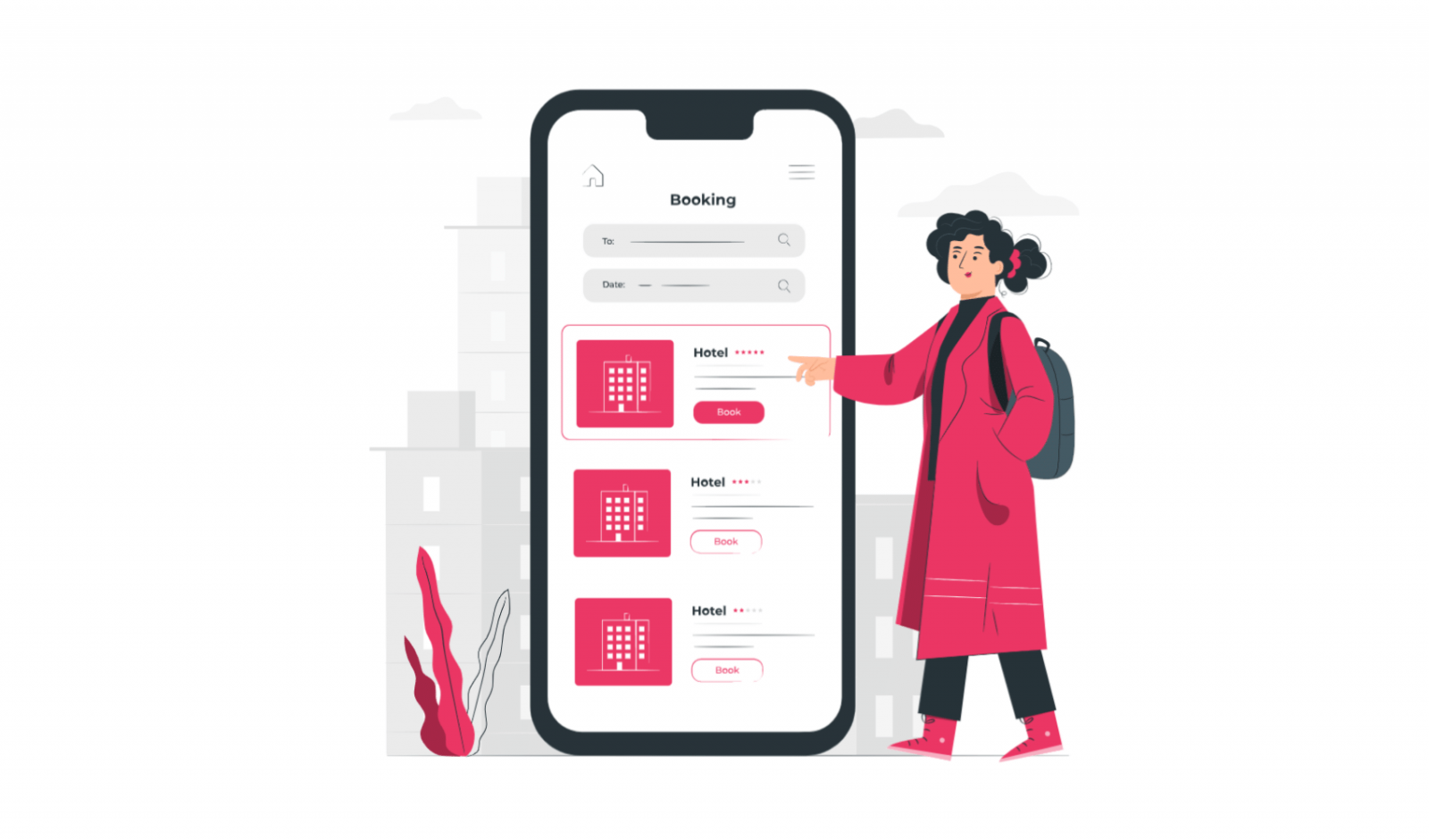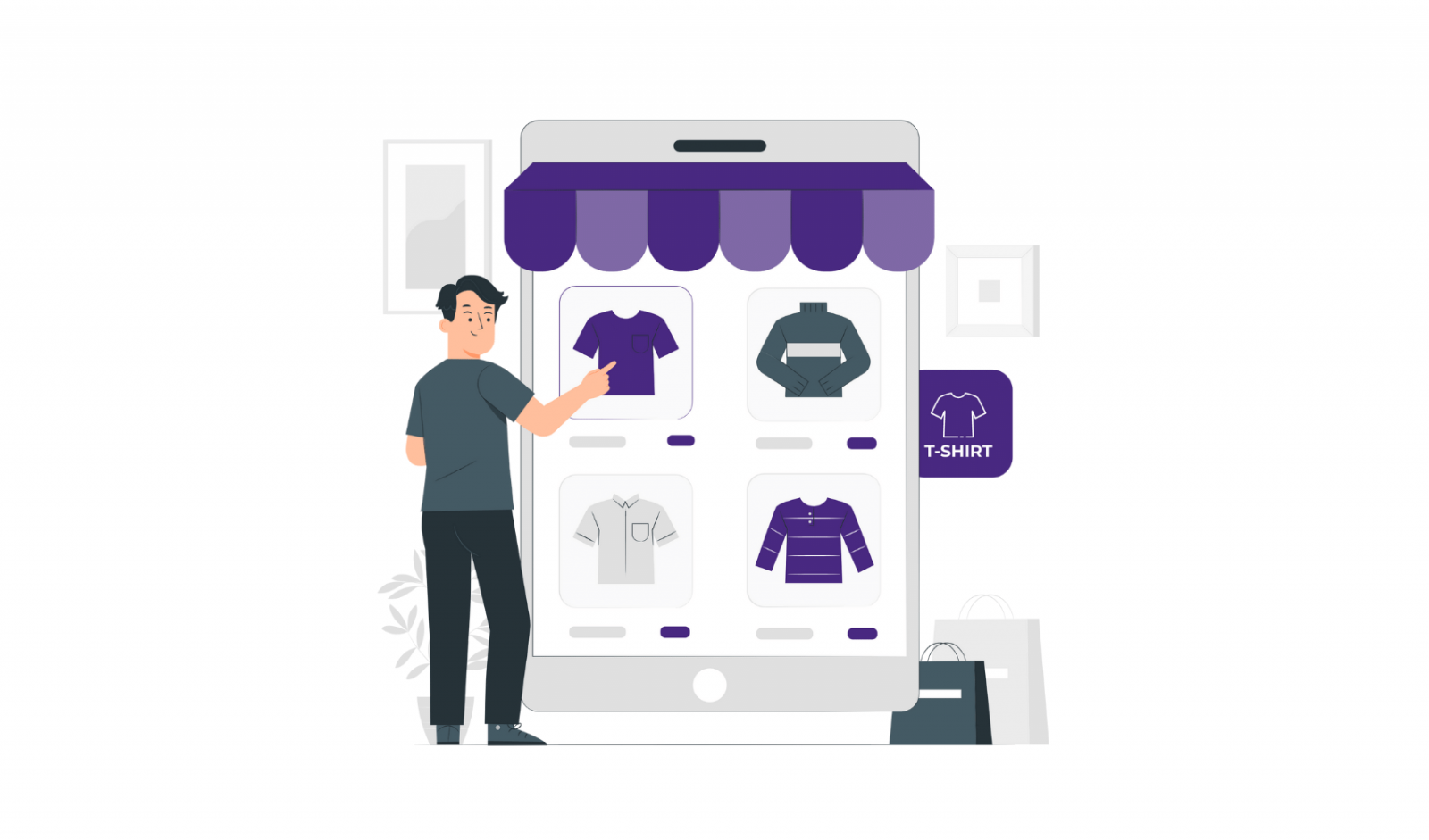With the rising of e-commerce, creating a D2C (direct-to-consumer) strategic plan is more crucial than ever; yet, how can businesses expand their D2C operations?
In order to achieve breakthrough D2C e-commerce growth and elevate their brands from good to great, management strategies were identified based on the areas in which leading omnichannel businesses can attain.
In this article, VNEXT Global - a top e-commerce website development company in Vietnam, will provide 3 strategies to help companies to take advantage of D2C E-commerce growth.
1. All-focused on D2C strategy
For direct-to-consumer eCommerce to work, the top leaders must put it at the top of their list of priorities. First, D2C's strategic role and goals need to be clarified. The strategic role and goal would be clear about the types of customers that direct-to-consumer eCommerce and other channels are trying to reach, and there would be clear guidelines for the value proposition that needs to be designed and delivered.
The CEO, the Board, and the rest of the executive team's job should then be to shape the details of the organization's D2C e-commerce strategy and goals and support them. They should also turn these goals and strategies into practical KPIs for each part of the organization. E-commerce requires cross-functional and cross-channel collaboration on a scale that has never been seen before, as well as bold decisions that lead to breakthroughs. This is because customers have very high standards for online businesses today. Only if the CEO and the Board are fully behind the plan and its KPIs will these requirements be met.
Appointing a leader with experience in either pureplay or omnichannel e-commerce is a good way to get the CEO ownership and decision-making power needed for e-commerce growth. Before the rest of the company can change, the people at the top must first change the way they think.
2. Balance resources and investment
For an e-commerce business to be successful, it needs the right staff and technology to work on a large scale. Any organization has to go through big changes to hire the right people and build a new technology infrastructure. Managing a "breakthrough" e-commerce business on top of these changes automatically adds complexity and risk. It is important to invest ahead of time and build up the necessary resources, like people and technology, more than usual. Strategic decisions should lean toward e-commerce.
A logical investment would be a good way to handle this reallocation of resources. The concept means that resources and investments need to be changed before growth happens. This is done by using allocation rules that figure out the share of investments based on the expected revenue a quarter or a year from now.
Even though this strategy would mean putting more money into D2C e-commerce than other parts of the business, it would help the business go from "running behind" to "being ahead."
Investing decisions should be made objectively by looking at growth and return like an "external investor." When looking for long-term returns, external investors tend to put more value on growth than on margins. Since people are likely to keep moving to eCommerce, businesses should invest ahead of the curve to make sure they get more than their fair share of this growing channel.
One question that still needs to be answered is how to decide which investments to make and in what order. One way to evaluate digital investments is to look at how much money they are expected to bring in, making sure to take into account "do-nothing" or "base-case" scenarios as well as the overall goals of the proposed strategy. For e-commerce, the "do-nothing" case may not mean net-zero change, but rather a steady (or faster) loss of value, especially when trends after COVID-19 are taken into account. This kind of investment strategy is used by banks, which have put a lot of money into mobile banking apps and digital channels in the past few years, mostly to keep and grow their market share.
3. Attract and retain digital talent
Direct-to-consumer eCommerce can't grow much because there aren't enough people who are really good at e-commerce. Finding and attracting the right people can be hard, and it often takes changes in culture, structure, and money. Talent is hard to find and there is a lot of competition for it, so to get the right people, you might have to completely change the way you do things. We suggest three practical ways for an organization to improve its pool of e-commerce talent.
1. Pick the best people from the rest of the organization and move them into D2C roles or put them on a rotation. Assessing skills, mindsets, and fit for a role in D2C e-commerce can help find the right people. New leaders can also be ready for their jobs by going through structured training programs that help them get up to speed quickly.
2. "Anchor" hires from other organizations should be given the most attention when it comes to leadership positions. These "anchor hires" not only bring in the needed skills, experience, expertise, and credibility, but they also help raise the profile of the D2C organization, which helps attract top talent in their respective functions and teams.
3. "Acqui-hiring" could help the whole D2C organization grow quickly across all levels. This means buying up e-commerce start-ups and growing companies with great talent and giving them the help they need to fit in with the larger company and become a growth driver for e-commerce. When this growth is combined with putting experts in key positions in the company, it can change the way the top leaders think, making e-commerce a top priority. This is one of the hardest but most effective ways to get good employees. It usually requires a strong connection with other key strategic imperatives besides talent, like the product, the customer base, and the technology.
These three ways can help you avoid the problems that come with a lack of expertise or a mismatch of skills, which can be very bad in this fast-paced, challenging, and always-changing environment.
Find a way to make the goals of D2C and retail partners work together. A good-to-great e-commerce journey will always cause some tension with retail partners, especially when it comes to selection, sales, and prices. This is true in many fields, such as fashion, sportswear, electronics, and luxury goods.
To get rid of this tension, you need to change your way of thinking. Companies need to stop thinking of cross-channel tension as a zero-sum game and instead see it as a chance to turn it into a win-win situation where working together across channels helps both the brand and retail partners grow. If used well, the growth of direct-to-consumer eCommerce can support the growth of indirect distribution channels and help the company gain market share overall. If this is done, retail partners will have more faith in the company again, and retailers will be able to see and appreciate consistent top-line and margin growth while e-commerce gets room to grow. This change in how people think needs to be reflected in the changes that people see. Several types of interventions that have worked in the past have been found:
1. Cross-channel principles: Making sure that the D2C and retail channels use the same business principles, like having the same profit thresholds, makes it easier to make decisions that are good for the business as a whole.
2. Allocated "swimming lanes": Each channel will be able to grow faster if it has a unique value proposition and some degree of exclusivity. This can be done through things like dedicated lines, early access, and customizing. Setting clear swimming lanes based on customer segments lets you be more flexible and make decisions more quickly. It also gives each channel its own growth center.
3. Investment structure: From our experience, companies with fast growth in direct-to-consumer (D2C) e-commerce are put under pressure by their retail channels to spend more on things like pay, but they don't always do so. Most of the time, this kind of situation involves retailers asking for money to run more promotional events while keeping their profits. Successful companies deal with these problems by allocating their commercial spending more wisely instead of increasing their overall commercial spending as a share of gross sales.
4. Clear lines of communication: To build a new level of trust, different teams in the organization, like the D2C e-commerce team, the sales team, and the account-management team, must all have the same understanding of strategy, goals, and principles. This will encourage collaboration and make it easier to agree on tough things, like when to be the first to market or how to divide up supplies.
Even with these kinds of interventions in place, partners will sometimes still feel upset. Retail partners will always see a successful direct-to-consumer (D2C) business as a threat. The right planning, strategy, and investment can help reduce this fear, but a "breakthrough" will still cause friction between businesses and their retail partners. This is where leaders, all the way up to the CEO, are often needed to keep trust and keep the lines of communication open.
Final thoughts
If you are looking for a trusted IT partner, VNEXT Global is the ideal choice. With 14+ years of experience, we surely can help you to optimize your business digitalization within a small budget and short time. Currently, we have 400+ IT consultants and developers in Mobile App, Web App, System Development, Blockchain Development and Testing Services. We have provided solutions to 600+ projects in several industries for clients worldwide. We are willing to become a companion on your way to success. Please tell us when is convenient for you to have an online meeting to discuss this further. Have a nice day!
Author: Chi Vo - Content Marketing Executive














